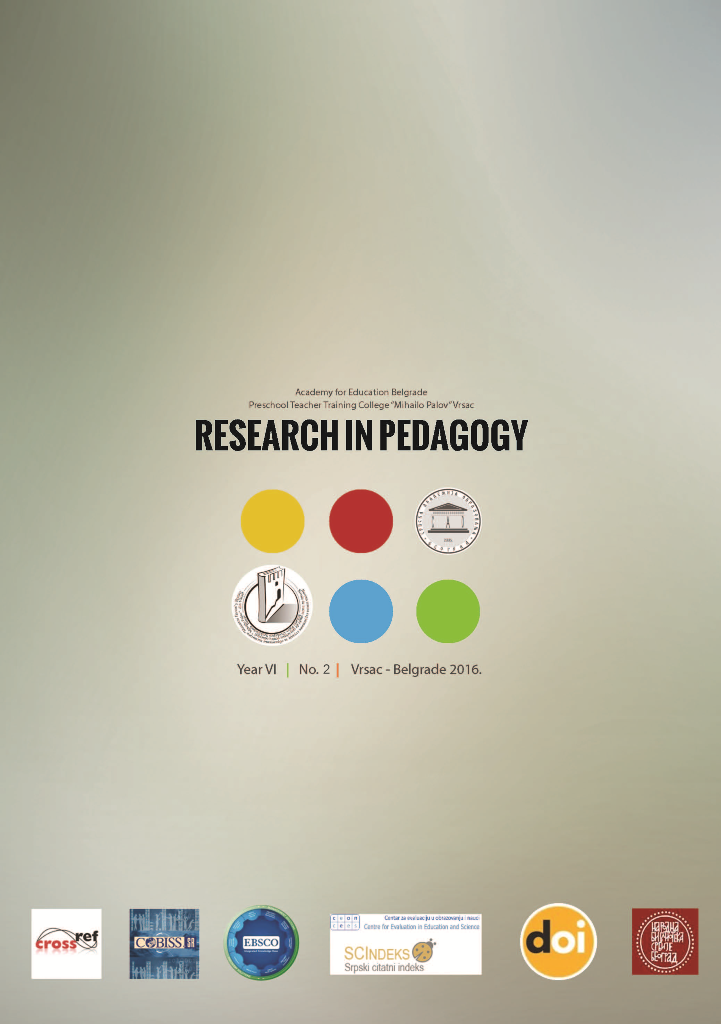REFLECTIVE LEARNING AND PROSPECTIVE TEACHERS’ CONCEPTUAL UNDERSTANDING, CRITICAL THINKING, PROBLEM SOLVING,
AND MATHEMATICAL COMMUNICATION SKILLS
REFLECTIVE LEARNING AND PROSPECTIVE TEACHERS’ CONCEPTUAL UNDERSTANDING, CRITICAL THINKING, PROBLEM SOLVING,
AND MATHEMATICAL COMMUNICATION SKILLS
Author(s): L. Junsay MerleSubject(s): Education
Published by: Visoka škola strukovnih studija za vaspitače "Mihailo Palov"
Keywords: reflective learning; mathematical skills;
Summary/Abstract: This is a quasi-experimental study that explored the effects of reflective learning on prospective teachers’ conceptual understanding, critical thinking, problem solving, and mathematical communication skills and the relationship of these variables. It involved 60 prospective teachers from two basic mathematics classes of an institution of higher learning. There were two treatments used in the study: the lecture-discussion approach and reflective learning approach of teaching. The lecture-discussion involved five phases: introduction, presentation, comprehension, monitoring, integration, and review and closure. The reflective learning approach involved initializing, exploring, and connecting processes. Validated and reliability-tested researcher-made tests on conceptual understanding, critical thinking, problem solving, and mathematical communication skills served as the instruments. The study reveals that the scores of prospective teachers exposed to the reflective learning and the lecture-discussion approach were below 50% of the perfect score before and even after intervention. It further shows that the prospective teachers’ conceptual understanding, critical thinking, problem solving and mathematical communication skills significantly improved in the reflective learning group, and in the lecture-discussion group. However, the mean gains of both groups are significantly different in favour of the reflective learning group in all the aforementioned skills except in critical thinking. Furthermore, the prospective teachers’ conceptual understanding, critical thinking, problem solving, and mathematical communication skills were all found to be significantly related in the reflective learning group. However, in the lecture-discussion group, only the following pairs were significantly related: conceptual understanding and mathematical communication skills; conceptual understanding and problem solving skills; and problem solving and mathematical communication skills.
Journal: Research in Pedagogy
- Issue Year: 6/2016
- Issue No: 2
- Page Range: 43-58
- Page Count: 16
- Language: English

